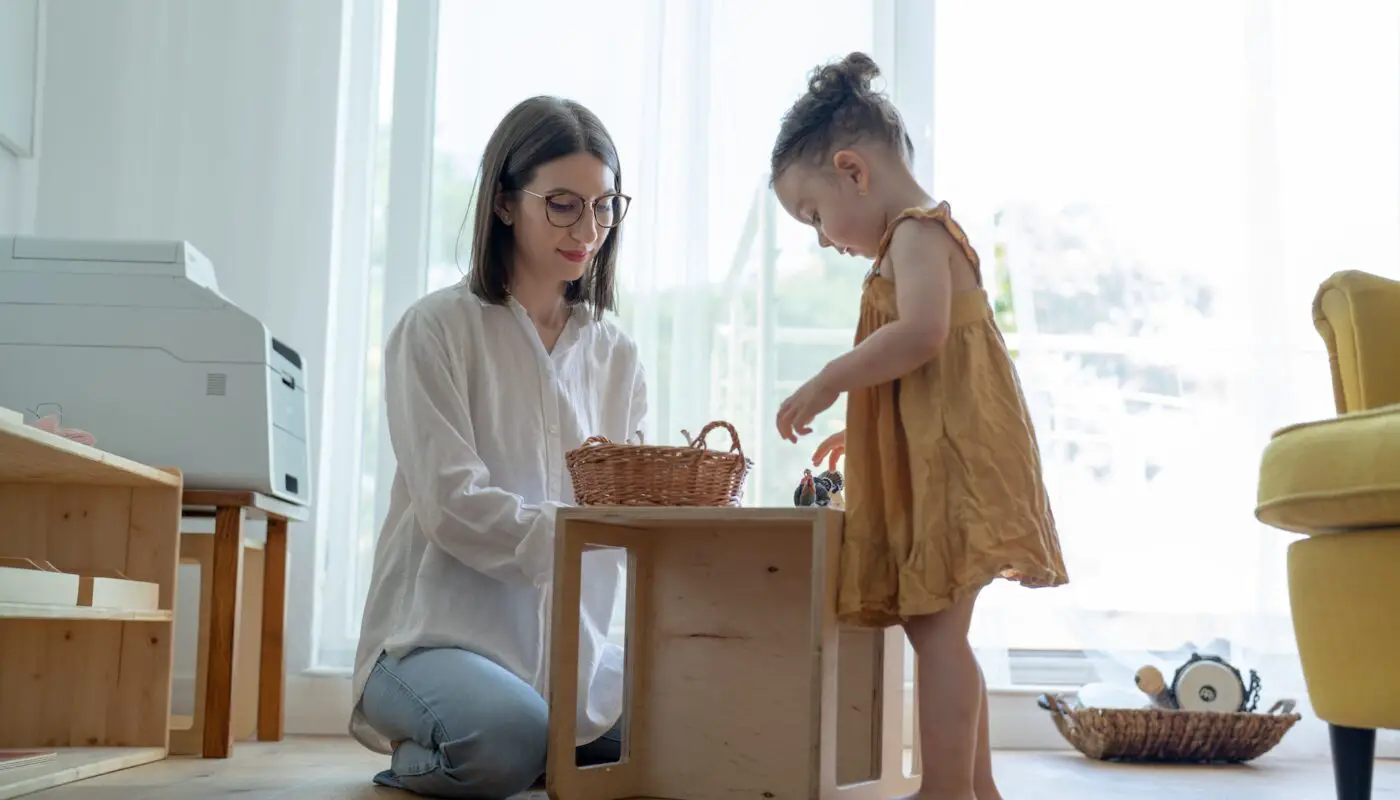The early years of a child’s life are critical for their overall development, and early learning programs play a vital role in creating a strong foundation for future learning. These programs offer a stimulating and nurturing environment where babies can explore, discover, and develop essential skills. In this article, we will delve into the world of early learning programs for babies, discussing their importance, key components, benefits, and how they contribute to a child’s growth and development during these formative years.
1. Understanding Early Learning:
Early learning programs for babies focus on providing enriching experiences and activities that promote cognitive, physical, social, and emotional development. These programs recognize the incredible capacity of babies to absorb information and learn from their surroundings, and they create opportunities for exploration and discovery through play-based learning.
2. Creating a Stimulating Environment:
Early learning programs for babies prioritize creating a stimulating environment that engages their senses and encourages curiosity. The environment for early learning programs for babies is carefully designed to offer a variety of age-appropriate toys, materials, and activities that encourage exploration, fine and gross motor skill development, sensory experiences, and problem-solving.
3. Language and Communication Development:
Language and communication skills are crucial for a child’s overall development. Early learning programs foster language acquisition by exposing babies to a rich linguistic environment through conversations, songs, rhymes, and interactive storytelling. These activities enhance vocabulary, listening skills, and early literacy development.
4. Social and Emotional Development:
Early learning programs provide opportunities for babies to interact with their peers and develop social and emotional skills. Group activities, cooperative play, and positive social interactions help babies develop important skills such as sharing, taking turns, empathy, and building relationships. These experiences lay the foundation for healthy social and emotional development later in life.
5. Cognitive Development:
Early learning programs stimulate babies’ cognitive development through age-appropriate activities that encourage problem-solving, critical thinking, and early math and science concepts. Activities like sorting, stacking, matching, and exploring cause-and-effect relationships promote cognitive skills and lay the groundwork for future academic success.
6. Motor Skills Development:
Fine and gross motor skills are essential for a child’s physical development. Early learning programs incorporate activities that promote the development of these skills, such as reaching for objects, grasping, crawling, rolling, and eventually walking. These activities strengthen muscles, improve coordination, and enhance overall motor skills.
7. Parent Involvement and Education:
Early learning programs recognize the importance of parental involvement in a child’s early development. They provide opportunities for parents to actively participate in their child’s learning journey through parent-child activities, workshops, and resources. Parents are empowered with knowledge about child development, parenting techniques, and strategies to support their child’s growth and learning at home.
8. Individualized Approach:
Each baby is unique, with their own interests, strengths, and developmental pace. Early learning programs adopt an individualized approach, tailoring activities and experiences to meet the specific needs and interests of each baby. This personalized approach ensures that each child receives the support and encouragement necessary to thrive and reach their full potential.
9. Benefits of Early Learning Programs:
Early learning programs for babies offer numerous benefits. They foster a love for learning from an early age, enhance cognitive abilities, support language and communication development, promote social skills and emotional well-being, and provide a solid foundation for future academic success. Additionally, early learning programs create a sense of community among parents, fostering support networks and opportunities for shared experiences and learning.
Final Thoughts on Early Learning Programs
Early learning programs for babies provide a nurturing and stimulating environment where they can explore, learn, and grow. These programs focus on fostering development across multiple domains, including cognitive, social, emotional, and physical skills. By providing age-appropriate activities, encouraging parent involvement, and promoting individualized learning, early learning programs lay the foundation for lifelong learning and success. Embrace the power of early education and give your baby the best start in their journey of learning and discovery.
